Blog
Singapore scientists intend to treat wastewater using electricity. What is their vision?
Discovery from the National University of Singapore can solve the problem of eliminating dangerous elements in wastewater coming from the pharmaceutical industry.
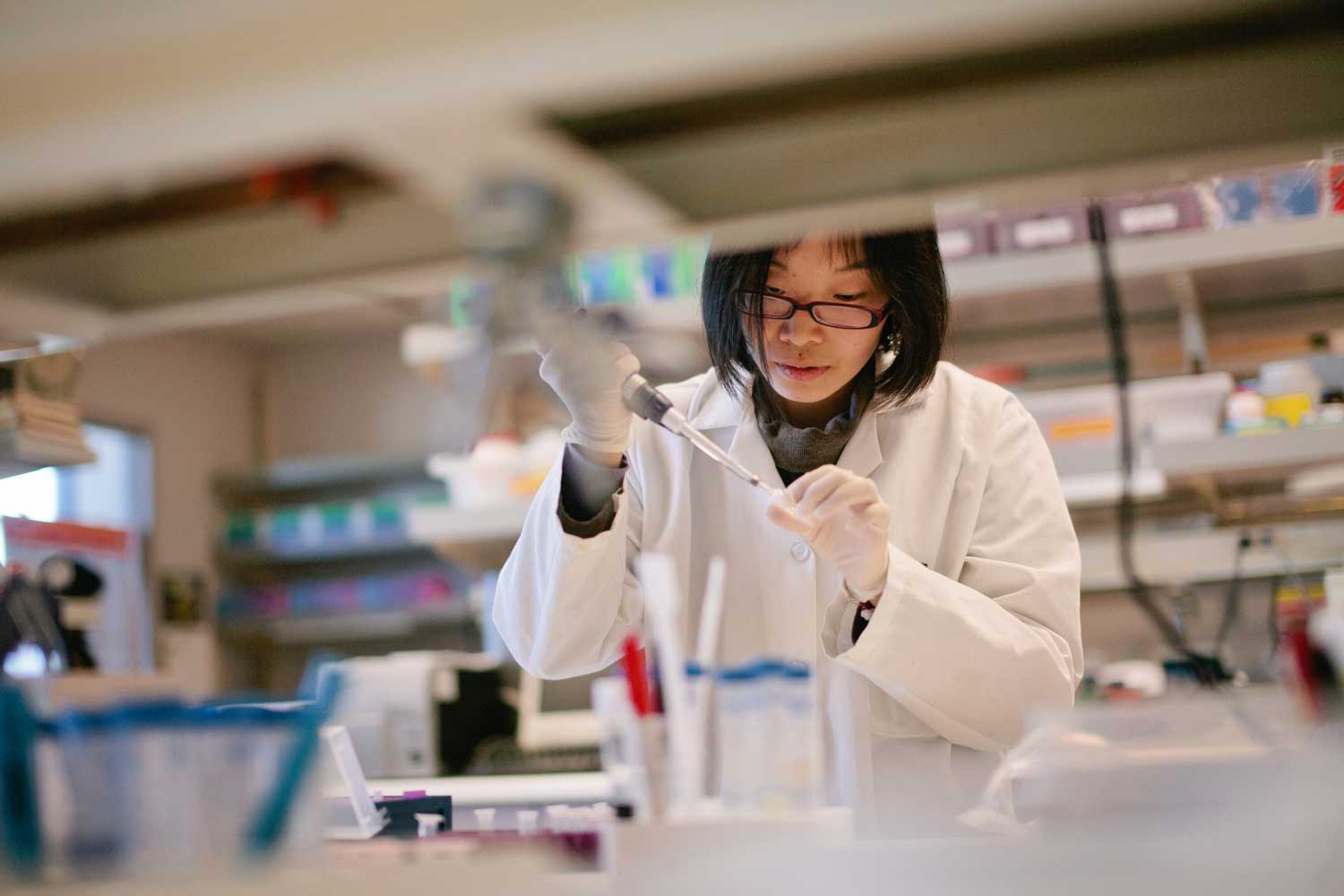
Wastewater treatment technology has improved considerably lately. So far, however, the problem of eliminating dangerous trace elements from the pharmaceutical or agricultural industry has not been resolved. But this could be changed by the latest discovery of the National University of Singapore.
Researching of removal of high concentrations of solvents, blends of organic substances, herbicides and pesticides began in the university as early as in 2014. Scientists have tried to improve the process of treating wastewater using electricity under laboratory conditions.
The success finally came after three years of research. The new method is so effective that it easily removes up to 99% of poorly degradable biological compounds, which was essentially unimaginable before 2017.
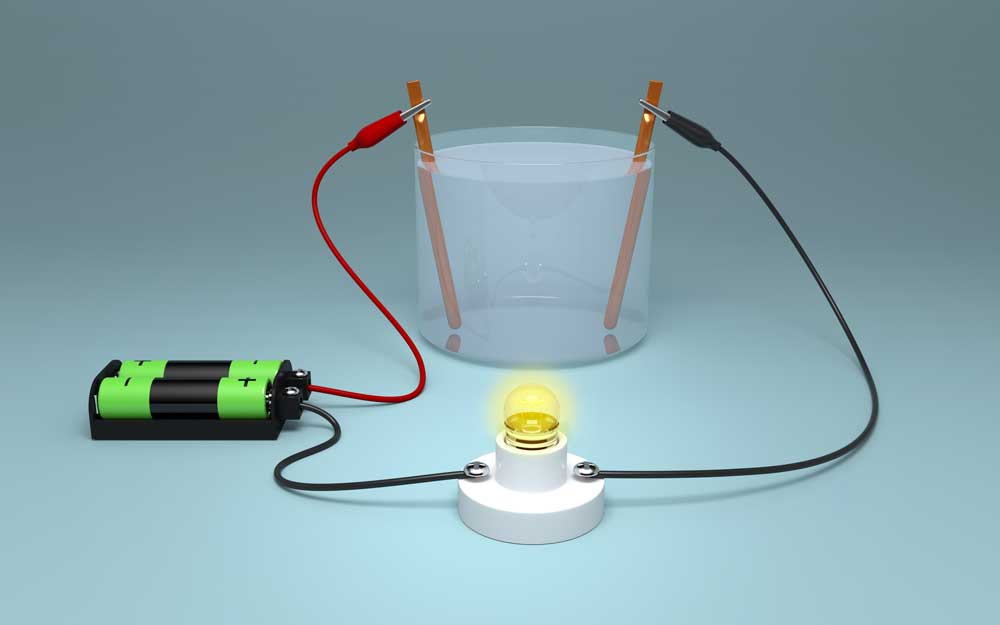
What is this method based on?
Hazardous waste is changed to water and CO2
Scientists work on polluted water with a weak electrical current. The electrodes in the isolated chamber are, along with water, forming hydrogen peroxide and hydroxyl radicals. These are completely consumed during this process and finally the most complex organic compounds are finally decomposed into water and carbon dioxide.
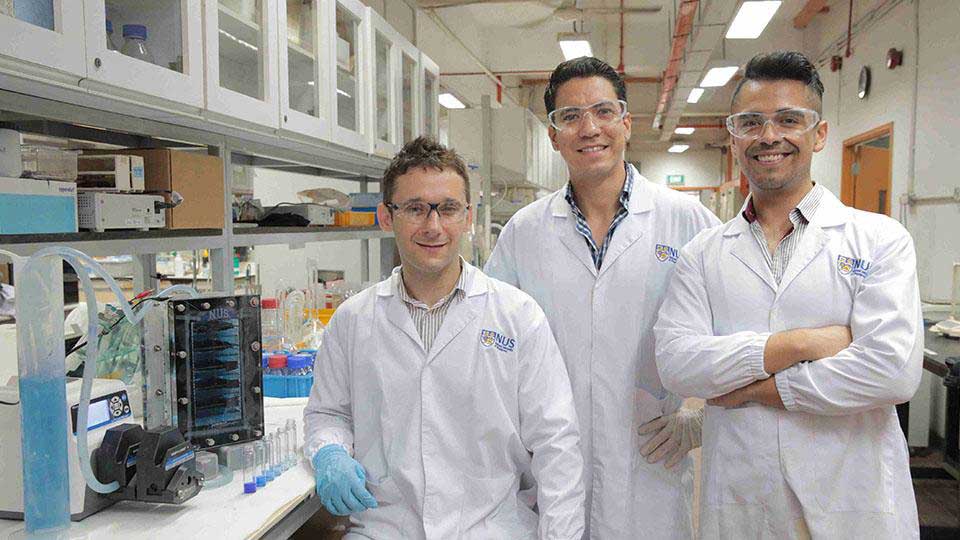 "The purification system can completely remove organic compounds in wastewater by degrading them to water and carbon dioxide," Professor Lefebvre explained (first left). Source: News.nus.edu.sg
"The purification system can completely remove organic compounds in wastewater by degrading them to water and carbon dioxide," Professor Lefebvre explained (first left). Source: News.nus.edu.sg
Another advantage of the action of the waste water stream is that it does not form almost any secondary waste (sludge) and therefore no further disposing is required. This makes this method less costly and, moreover, more environmentally friendly.
NASA scientists used plasma purification
Similarly, the technology of the Glenn Research Center, the US research center, uses the plasma to decompose complex organic contaminants.
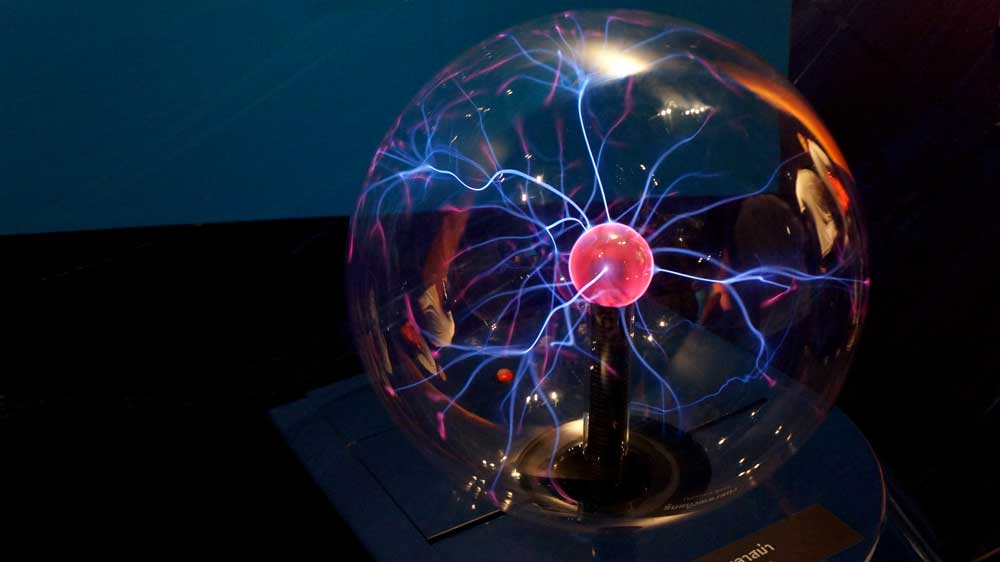
Plasma is capable of removing water-soluble particles such as glycol, ethanol and industrial dyes.
Its benefits are that:
-
is environmentally friendly
-
is financially accessible
-
works without filters that are often clogged with pollution
-
resists damage
-
destroys microbes
This method should find potential for use, especially in the pharmaceutical, food and brewing industries.
Vision of new methods for the future
According to the director of Lefebvre's Singapore research, their method is particularly suited to smaller businesses.
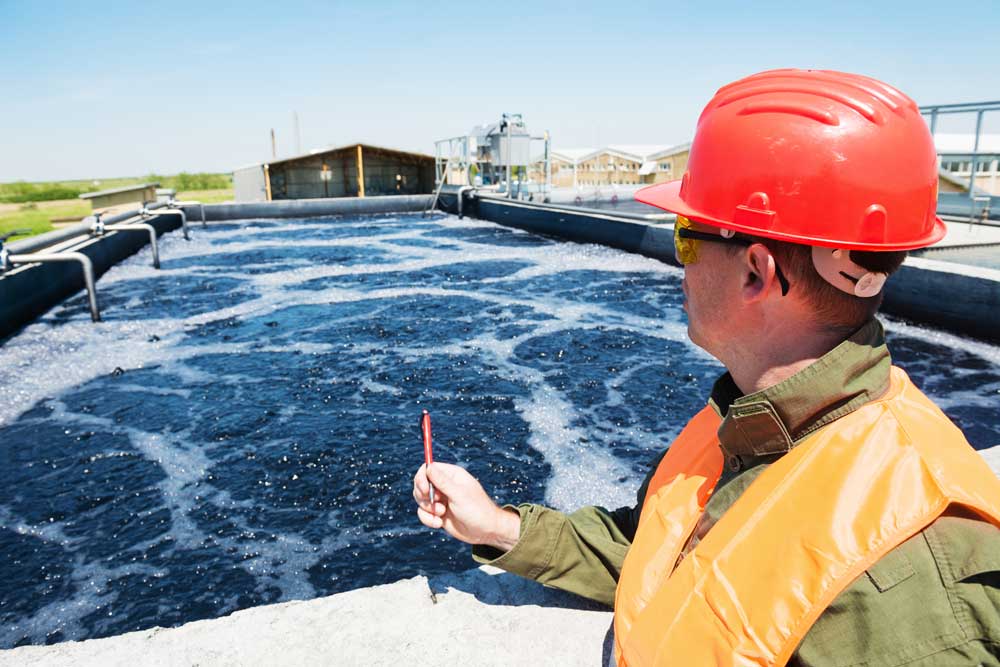
He argued that the cost of conventional chemical/biological treatment plant is difficult to match the new method. Moreover, if the energy for its operation is generated by solar panels, the price will fall further.
This team of scientists are currently waiting to have their patent approved, while endeavoring to further improve the process of wastewater treatment using electricity.
More articles
How do the wastewater treatment plants (WWTPs) work?
Drinking water is a very precious commodity for almost half of the world. Have you ever wondered what is happening to wastewater after we flush it...
Water on Earth: How much do we have of it on our planet and how much of it is drinking water?
There are about 1.3 zetta liters of water on the Earth, but only 0.12% can be used for consumption, industry and agriculture.
